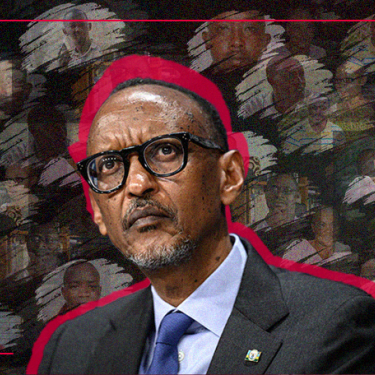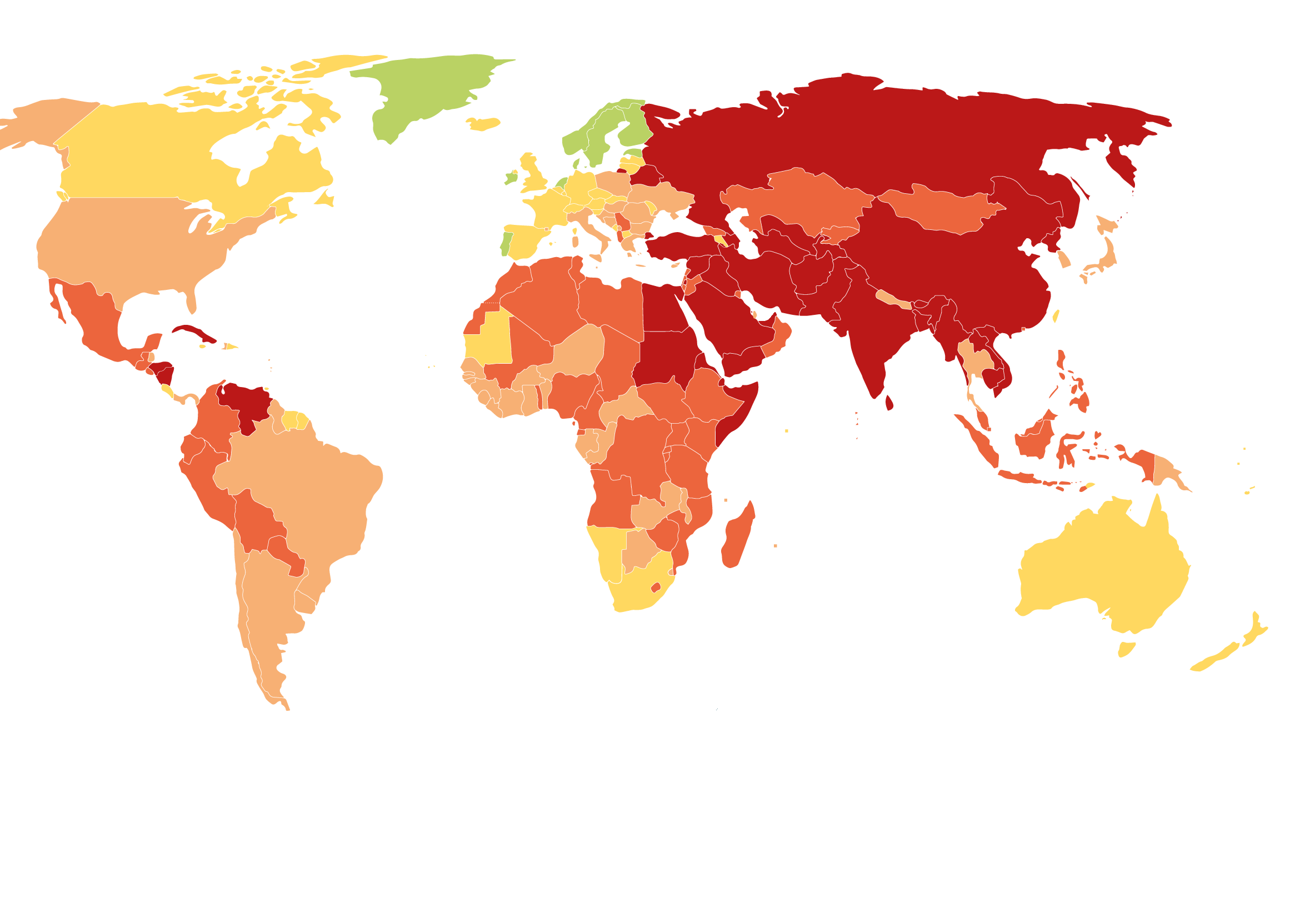Rwanda: RSF sounds the alarm on President Kagame’s horrific press freedom record as election looms

Several candidates have been disqualified from Rwanda’s upcoming presidential elections, which will be held on 15 July. This means Paul Kagame, who has been in power for 24 years, could be reappointed head of state — a dire outcome for press freedom given the censorship and targeting of journalists that has permeated his reign.
Three journalists have been murdered, two have disappeared, and over thirty media have been suspended since Paul Kagame came to power in 2000, according to RSF’s monitoring. The situation is so dire that the country’s remaining media professionals have either gone into exile or are forced to self-censor.
Paul Kagame's press freedom record is dramatic. This cycle of violence and pressure must end – now. The authorities must show a real desire for change by ensuring independent coverage of the campaign and uninterrupted internet access before, during and after the elections. RSF also calls for fundamental reforms no matter the results, so that journalists can work without fearing for their safety and the risk of being censored.
Three journalists killed for their work
Three journalists have been killed since the start of Kagame’s presidency, including one in exile:
- In January 2023, John Williams Ntwali, editor-in-chief of The Chronicles, a news website known to criticize the government, died in suspicious circumstances. Official reports claim it was a motorbike accident, yet RSF and 85 other organisations have called for an independent inquiry – which has still not taken place.
- In June 2010, Jean-Léonard Rugambage, deputy editor of the independent satirical website Umuvugizi, was murdered outside his home in the capital, Kigali. Umuvugizi’s editor-in-chief told RSF that Rugambage's murder could be linked to his investigations into the attempted assassination of General Kayumba Nyamwasa, who is exiled in South Africa. The official inquiry into his death ruled out political assassination, and did not make all of its findings public.
In December 2011, Charles Ingabire, editor-in-chief of Inyenyeri News, a news site that criticized the Rwandan authorities, was shot dead outside a bar in Kampala, Uganda, where he had been living in asylum since 2007. Ingabire had fled Rwanda after incurring several threats following information he’d published in Umuco, a national daily, that reflected badly on the government. After his murder, the Ugandan police launched an investigation and detained two people for questioning. The outcome of the investigation into his murder was never made public.
Seventeen journalists jailed for their reporting
Seventeen journalists have been imprisoned for their work since 2000, and two of them are still behind bars:
- Dieudonné Niyonsenga, director of the YouTube channel Ishema TV, better known by his pseudonym Cyuma Hassan, was sentenced to seven years in prison for "humiliating" state officials in 2021. The journalist stated at his retrial in January 2024 that he had been tortured and held in inhuman conditions.
- Théoneste Nsengimana, director of Umubavu, a TV station that spoke out against the government, was arrested in October 2021. According to a source contacted by RSF who is familiar with Nsengimana’s case, the journalist was organising "Ingabire Day" (named after opposition leader Victoire Ingabire), to pay tribute to defenders of freedom and support political prisoners and prisoners of conscience. Nsengimana had planned to broadcast both the event and a discussion with Victoire Ingabire on his YouTube channel. He is currently held in the same prison as Niyonsenga.
Blocked websites, cyber-surveillance, censored media
Rwandan authorities have attacked press freedom on multiple fronts:
- In May 2015, Rwanda’s telecommunications regulator, RURA, decided to permanently suspend BBC’s broadcasts in Kinyarwanda, the language spoken by almost the entire population, following a controversial programme about the country’s genocide in 1994.
- In the run-up to the 2010 presidential election, nearly 30 media outlets were suspended by the authorities as Paul Kagame ran for a third term.
- In 2021, a consortium of international media found that Rwanda was one of 20 countries where journalists were monitored by Pegasus spyware.




